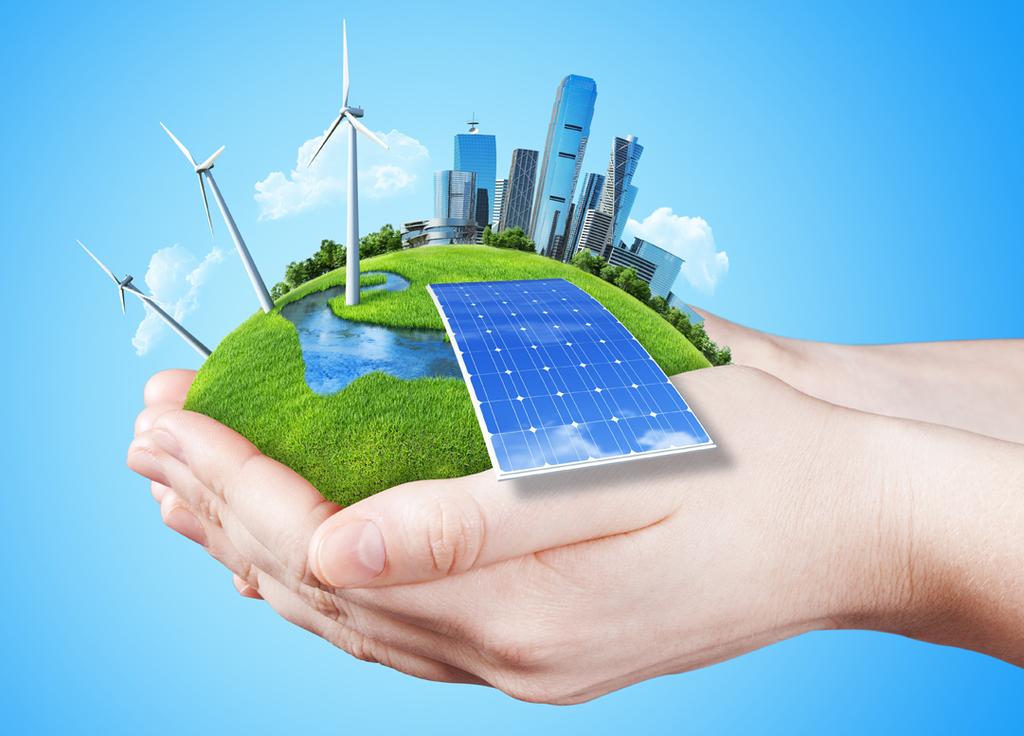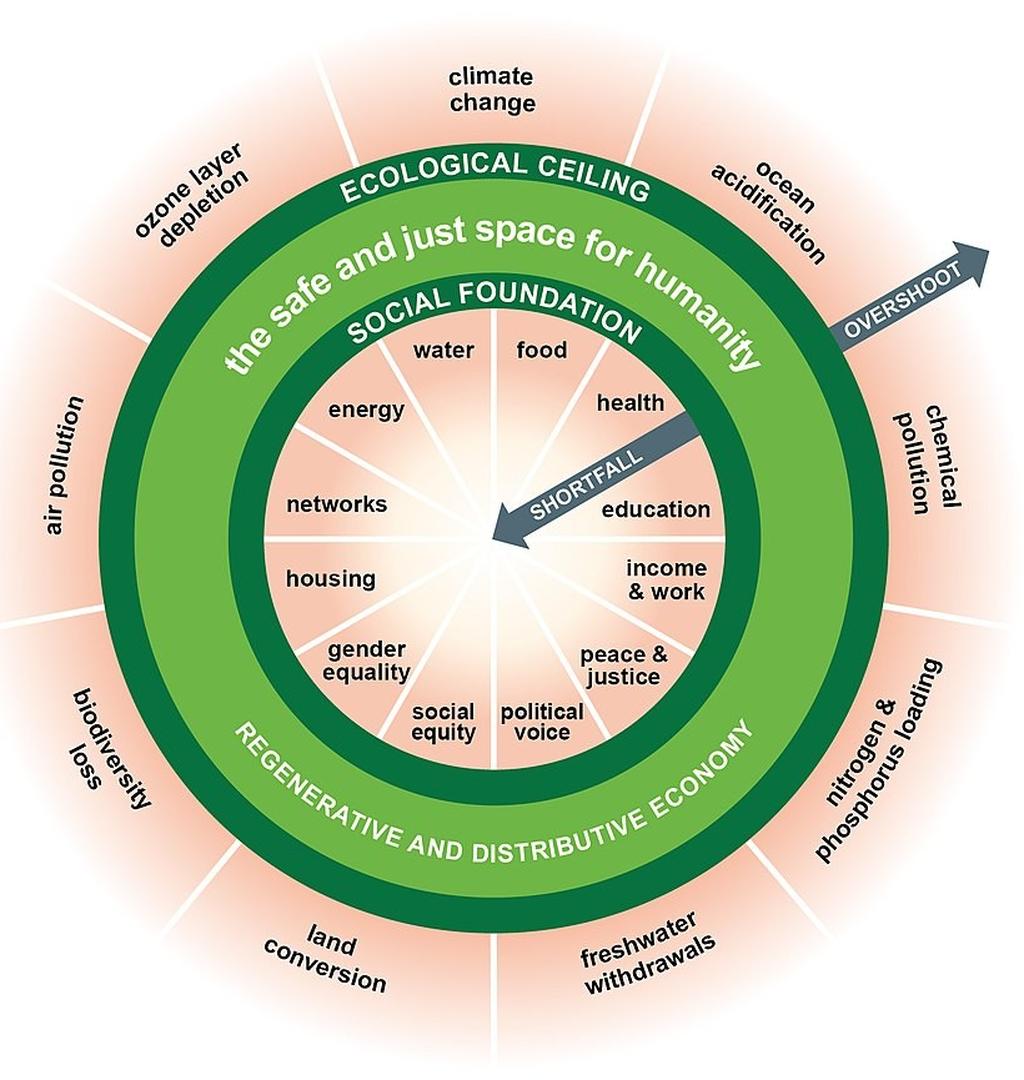Getting your Trinity Audio player ready...
The coronavirus has disrupted the global economy and has caused what analysts are predicting to be the most severe recession since the Great Depression of the 1930s.
According to the IMF, the global economy was expected to grow by 3.3% at the beginning of the year, and is now expected to contract by 3%.
Governments and central banks have implemented strategies to minimize the economic damages brought by the lockdown measures.
Concurrently, environmental activists and once considered radical economists have found an opportunity to begin drawing up plans to transition to a more sustainable economy post corona.
Amsterdam is one city making the move towards a more circular economy. Municipal officials have teamed up with Kate Raworth of Oxford University’s Environmental Change Institute to develop strategies to implement her doughnut economics model in the city.
The goal of this model, described in her bestselling book Doughnut Economics: Seven Ways to Think Like a 21st Century Economist, is to meet human needs without exceeding environmental limits.
Like a doughnut, the inner ring represents the minimum requirements to lead a good life, the outer ring represents the ecological constraints we must live by, and the area in between is where we thrive.
While Amsterdam’s adoption of more sustainable principles might provide some hope, others caution against wishful thinking.
Dr. Ori Sharon, Deputy Director at the Israel Society of Ecology and Environmental Sciences mentioned that “during times of economic crisis, it’s hard for governments to invest in new economic models.
Switching to a new model inevitably involves risk,” he said, adding that “experimentation typically works in times of economic stability when there is lots of capital moving around.”
Dr. Adi Levi, Scientific Director of the Israel Society of Ecology and Environmental Sciences, pointed out that the observed reduction in air pollutant levels - such as nitrous oxide - in countries where strict quarantine policies were implemented, will be temporary.
Additionally, with oil prices at a historical low, “we can expect oil demand to increase back to normal levels once businesses open up again. Lastly, since no infrastructure or technological shift occurred during the lockdown, the transformation rate to renewables and electric transportation might be slowed down.”
As China begins to emerge from its own lockdown, plans to invest up to a trillion USD in major projects, including gas pipelines and nuclear plants have been announced.
This response is expected to outweigh any of the short term impacts of reduced energy consumption and emissions during their lockdown.



